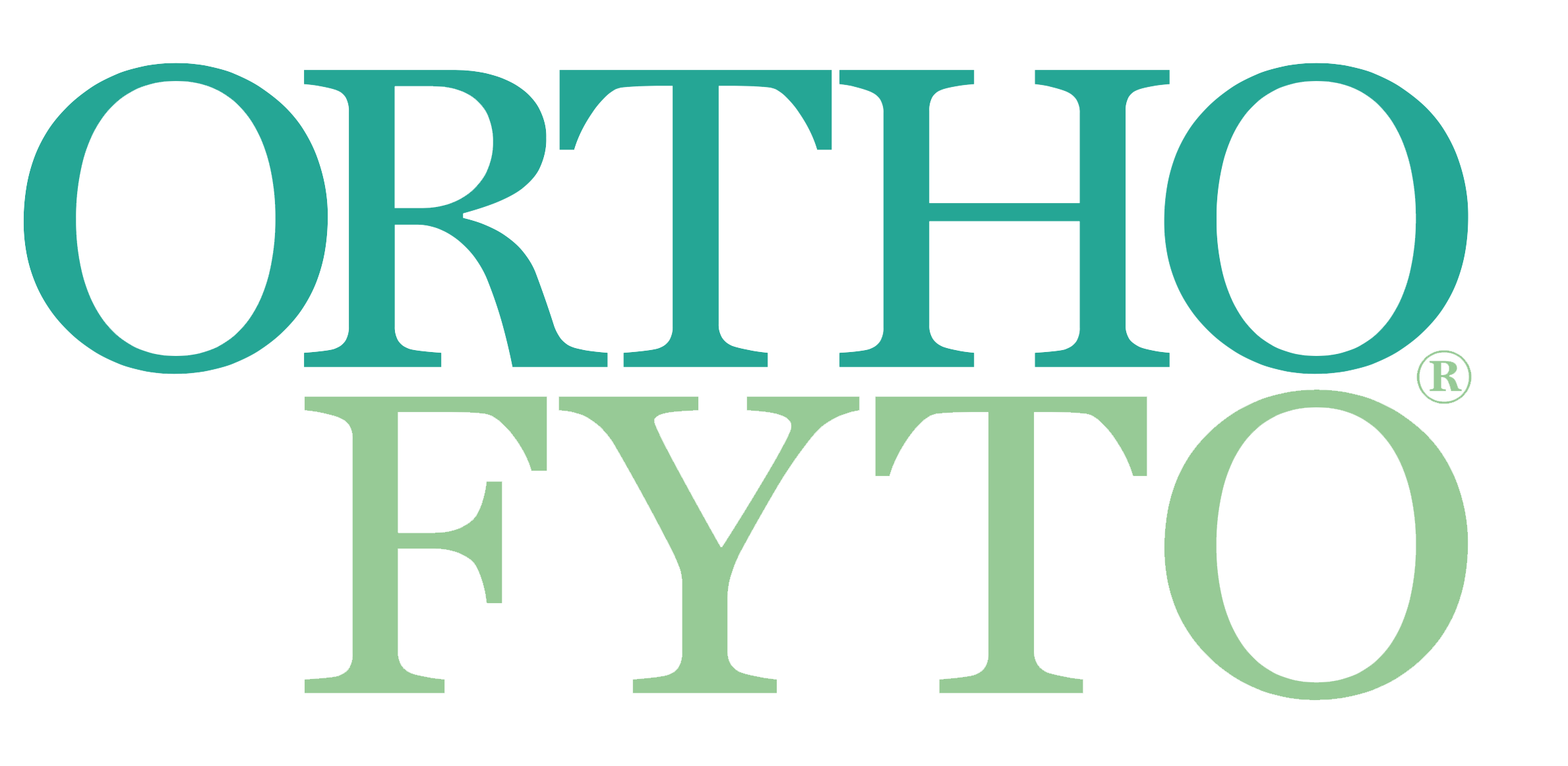Zeedenschorsextract, een veelzijdig fytotherapeuticum
07 Aug, 2024
Door: Geert Verhelst
Een plant die uitgesproken antioxiderende en ontstekingsremmende eigenschappen vertoont en daarbij een bijzondere affiniteit ontplooit voor de micro- en aderlijke circulatie, kan niet anders dan nuttig zijn voor verschillende aspecten van de gezondheid. Dat is het geval voor het schorsextract van de zeeden (Pinus pinaster subsp atlantica), een wetenschappelijk onderbouwd topmiddel in de complementaire geneeskunde met talrijke indicaties, waartoe het afremmen van neurodegeneratie en het bevorderen van de hersenfuncties behoren.
Afkomstig van het westelijke Middellandse Zee-bassin, treft men de zeeden vooral in groenblijvende bossen en op zandige, zure en arme kustgronden. Deze naaldboom houdt van de volle zon, verdraagt temperaturen boven de 40°C en heeft voldoende neerslag nodig. Het is een snelgroeiende, 20 à 30 meter grote en tot 500 jaar oud wordende slanke boom met een piramidale, open kroon en een stam die in de onderste driekwart geen takken draagt. De dikke schors, op jonge leeftijd eerder bleekgrijs, wordt bij het ouder roodbruin en vertoont diepe, krom verlopende groeven. De stijve, glanzende en grijsgroene naalden staan per twee gerangschikt en worden 10 à 25 cm lang.
Dat dennenschors een genezend potentieel vertoont, bewezen de autochtone bewoners van Noord-Amerika, die erin slaagden om met de vitamine C-arme schors van de nauw verwante Pinus strobus scheurbuik te genezen. Vanaf de jaren ’40 van de vorige eeuw bestudeerde professor Jacques Masquelier intensief de dennenschors. Geleidelijk werd zeedenschorsextract - gestandaardiseerd op 65 à 75 % oligomere procyanidinen en steeds meer onderbouwd door klinische studies - een topper in de complementaire geneeskunde.
Lees het gehele artikel vanaf pagina 29 in OrthoFyto 4/24.
Wilt u het gehele artikel als PDF bestand ontvangen? Bestel het dan hier voor € 3,50.
Bronvermelding:
1. Ryan J, Croft K, Mori T, et al. An examination of the effects of the antioxidant Pycnogenol on cognitive performance, serum lipid profile, endocrinological and oxidative stress biomarkers in an elderly population. J Psychopharmacol. 2008;22(5):553-562.
2. Belcaro G, Luzzi R, Dugall M, Ippolito E, Saggino A. Pycnogenol® improves cognitive function, attention, mental performance and specific professional skills in healthy professionals aged 35-55. Journal of neurosurgical sciences. 2014c;58(4):239-248.
3. Belcaro G, Dugall M, Ippolito E, Hu S, Saggino A. Improvement in cognitive function, attention, mental performance with Pycnogenol® in healthy subjects (55-70) with high oxidative stress. J Neurosurg Sci. 2015;59:437-446.
4. Luzzi R, Belcaro G, Zulli C, et al. Pycnogenol(R) supplementation improves cognitive function, attention and mental performance in students. Panminerva medica. 2011;53(3 Suppl 1):75-82.
5. Chovanová Z, Muchová J, Sivoňová M, et al. Effect of polyphenolic extract, Pycnogenol, on the level of 8-oxoguanine in children suffering from attention deficit/hyperactivity disorder. Free Radic Res.
6. Dvorakova M, Sivonova M, Trebaticka J, et al. The effect of polyphe nolic extract from pine bark, Pycnogenol on the level of glutathione in children suffering from attention deficit hyperactivity disorder (ADHD). Redox Rep. 2006;11(4):163-172.
7. Grossi MG, Belcaro G, Cesarone MR, et al. Improvement in cochlear flow with Pycnogenol(R) in patients with tinnitus: a pilot evaluation. Panmi nerva medica. 2010;52(2 Suppl 1):63-67.
8. Luzzi R, Belcaro G, Hu S, Dugall M, Hosoi M, Cacchio M, Ippolito E, Corsi M. Improvement in symptoms and cochlear flow with pycnogenol in patients with Meniere's disease and tinnitus. Minerva Med. 2014 Jun;105(3):245-54.
9. Scientific and clinical monograph for Pycnogenol (French Maritime Pine bark extract). American Botanical Council, 2019.
10. Zhang Z, Tong X, Wei YL, Zhao L, Xu JY, Qin LQ. Effect of Pycnogenol Supplementation on Blood Pressure: A Systematic Review and Meta-analysis. Iran J Public Health. 2018 Jun;47(6):779-787.
11. Enseleit F, Sudano I, Periat D, et al. Effects of Pycnogenol on endothelial function in patients with stable coronary artery disease: a double-blind, randomized, placebo-controlled, cross-over study. European heart journal. 2012;33(13):1589-1597.
12. Wang S, Duanjun T, Yusheng Z. The effect of Pycnogenol® on the microcirculation, platelet function and ischaemic myocardium in patients with coronary artery diseases. Eur Bull Drug Res. 1999;7:19 25.
13. Belcaro G, Cesarone MR, Errichi B, et al. Pycnogenol treatment of acute hemorrhoidal episodes. Phytother Res. 2010a;24(3):438-444.
14. Zibadi S, Rohdewald PJ, Park D, Watson RR. Reduction of cardiovascular risk factors in subjects with type 2 diabetes by Pycnogenol supplementation. Nutr Res. 2008;28(5):315-320.
15. Liu X, Wei J, Tan F, Zhou S, Wurthwein G, Rohdewald P. Anti diabetic effect of Pycnogenol French maritime pine bark extract in patients with diabetes type II. Life Sci. 2004a;75(21):2505-2513.
16. Belcaro G, Cesarone MR, Errichi BM, et al. Diabetic ulcers: microcirculatory improvement and faster healing with Pycnogenol. Clin Appl Thromb Hemost. 2006b;12(3):318-323.
17. Cesarone MR, Belcaro G, Rohdewald P, et al. Improvement of diabetic microangiopathy with Pycnogenol: A prospective, controlled study. Angiology. 2006b;57(4):431-436.
18. Steigerwalt R, Belcaro G, Cesarone MR, et al. Pycnogenol improves microcirculation, retinal edema, and visual acuity in early diabetic retinopathy. J Ocul Pharmacol Ther. 2009;25(6):537-540.
19. Gulati OP. Pycnogenol® in chronic venous insufficiency and related venous disorders. Phytotherapy research 2014;28(3):348-362.
